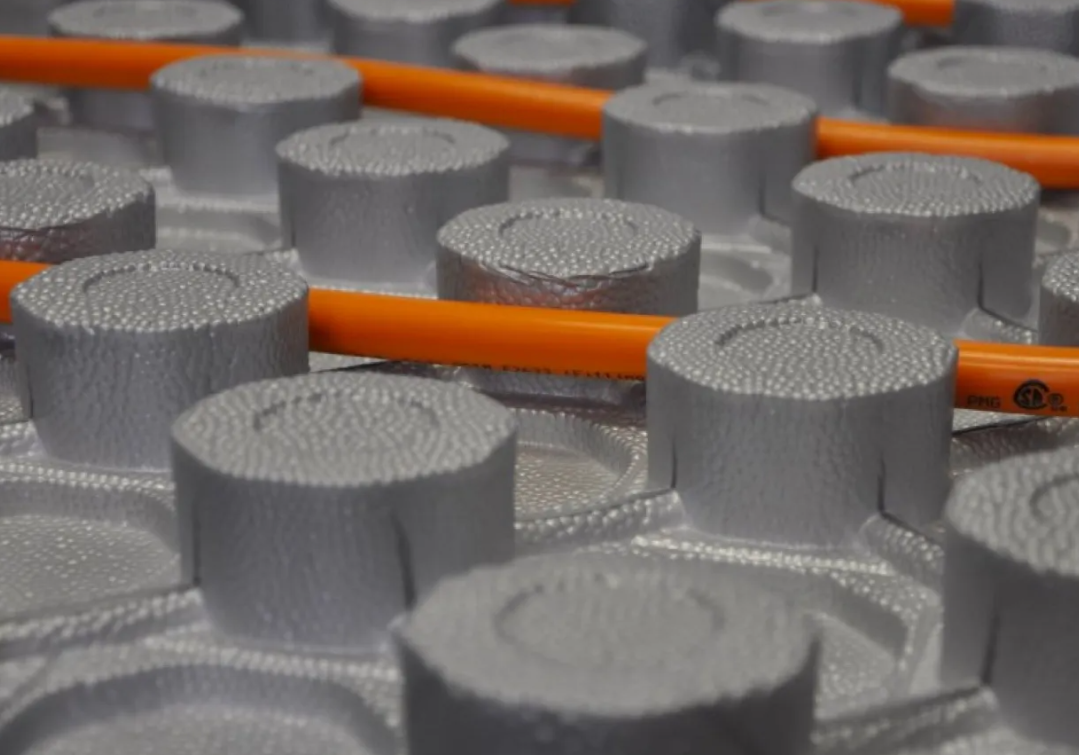Hydronic heating insulation is a type of thermal protection that works independently on the different parts of an operation. The main concern is to heat the whole workplace, maintain that temperature, and stop it from falling below this point. It is also known as rigid insulation.
Hydronic heating insulation protects from heat loss and gains by the water, which is an important part of the hydro process. It protects from heat loss by creating a barrier that prevents warm water from leaving the pipes.
Insulation systems are independent and can be operated individually or all together with each other; they are made from a complete network of pipes that circulate hot water or steam through them to maintain temperatures at reasonable levels inside the working area.
How does hydronic heating work?
The hydronic system works on the fact that when steam or hot water from the pipes passes through the material, it heats up and expands which causes it to expand and enlarge. This creates a space between the two walls which allows for movement, this movement being something called radiation which creates heat.
What are the benefits of hydronic heating?
Many advantages are to be found within the hydronic heating system; for example:
- Efficiency: It is a very effective system when it comes to heating (the same levels of effectiveness as well as the same levels of energy efficiency).
- Comfort: The workers in the building will feel cool and comfortable with their clothes. This means that they will not sweat and they will also not feel uncomfortable in shirts or blouses, which is not ideal for any construction worker on site.
- Money: This is also a very useful system. The chances of the client losing a sizable amount of money due to overheating are very low; conversely, the system will save money.
Is hydronic heating safe?
It is a very effective system when it comes to heating (the same levels of effectiveness as well as the same levels of energy efficiency). The system is also a very safe one because there have been no reported cases with this system back in years gone by; so it is an extremely safe way to supply heat.
Conclusion
Hydronic heating insulation is a very good option. It is cheap and efficient and the level of energy that it needs to work is quite low. It is also very safe as far as heating systems in industry are concerned.

